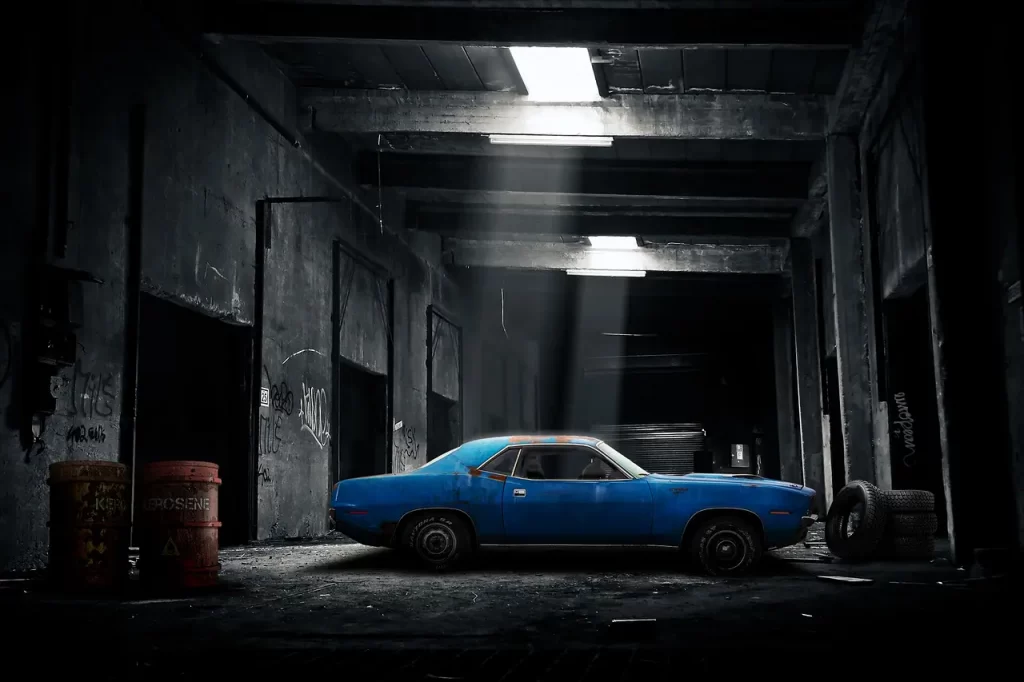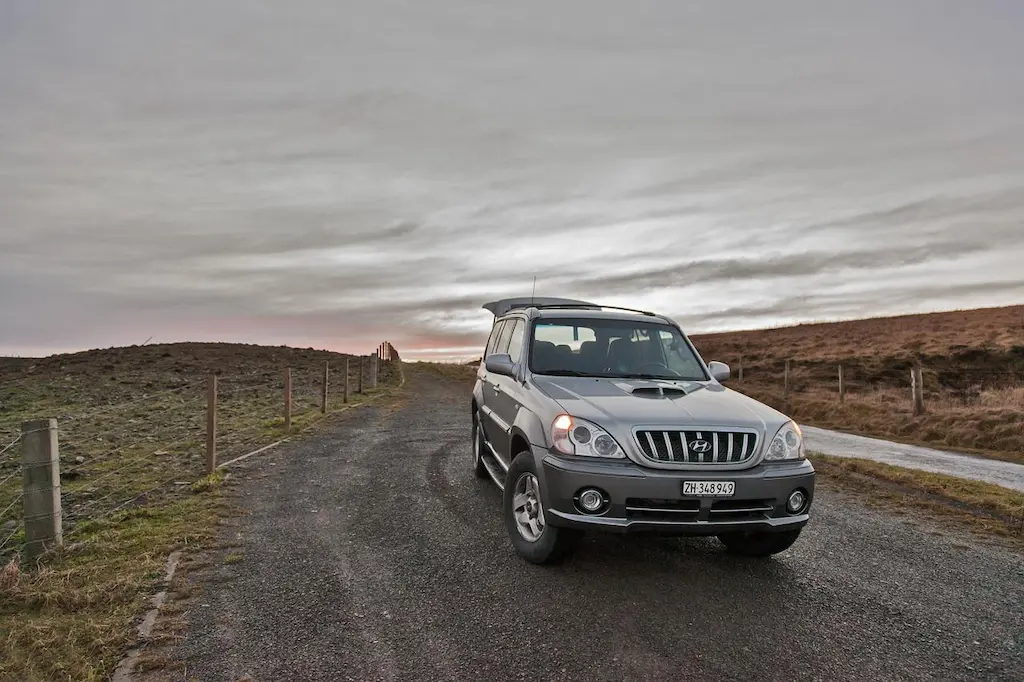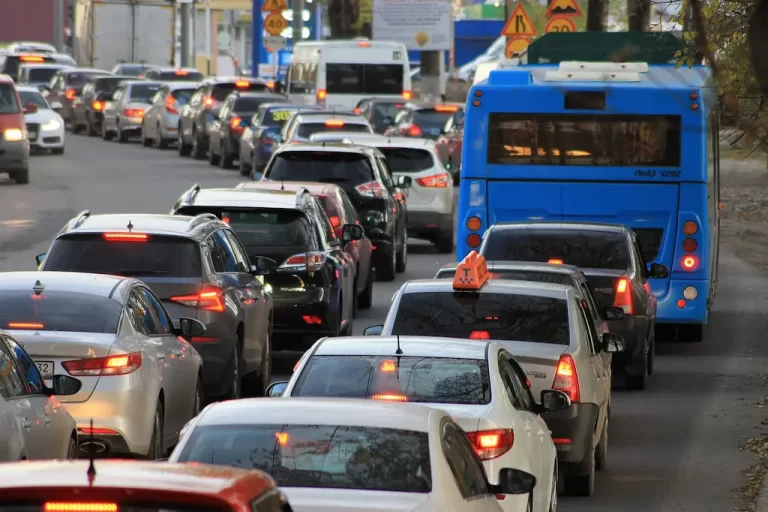We all have heard that we should never leave our car idling for a long time. But what if we left our car idling for 5 hours? The engine may be fine. But if it already has existing issues, then it could overheat, lose lubrication, and stall from a/c overuse.
What would happen if you left your car idling for 5 hours?
Sitting in the middle of gridlock traffic is a nightmare. When we sit in traffic, all the vehicles on the freeway are still moving a few feet every couple of minutes. So, instead of turning our vehicle off and on, we keep the engine on and our foot on the brake pedal.
If the engine is on but it is in park or is not moving, then this is known as idling. Some people turn their vehicle on and let it idle to warm up the engine on cold winter mornings. Other people leave their car idling because they are doing an errand, or they do not want to turn their engine off and on.
Most of us usually leave our vehicles idling for a few minutes. But what if you were to leave your car idling for 5 hours? What would this do to the engine, the fuel in the gas tank, and the internal combustion chamber?
If the engine in your car is perfectly fine, then nothing will really happen to it. The only actual issue to be concerned about is gas consumption. When a vehicle’s engine is on and idling, it is using gas to power the engine.
So don’t be surprised if you leave your vehicle on for 5 hours and then you have to visit the gas station once you get back in the car.

What about the battery?
Just like the engine, if there is no issue with the battery then it will be just fine. Most people believe that the battery would die first if a vehicle were left to idle for 5 hours. But the electricity in the car is not coming from the battery. It is coming from the engine which is drawing its power from consuming gas. The battery is not wasting any of its charges.
If the ignition was only turned on halfway, then only the battery would be on. If the battery is on but the engine is not, then the power inside the vehicle is coming directly from the battery.
What about gas?
When a vehicle’s engine is on, that means it is burning gas. But you are not burning a lot of gas. The amount of gas that a vehicle burns when it is idling depends on the make and model. Based on how fuel-efficient your car is, allowing it to idle could burn 1/7th to ½ of a gallon of gas for every half hour that it is on.
What bad things can happen if a car with engine problems is left to idle?
An engine that has issues is always in danger of overheating. When a vehicle’s engine overheats, it is because the heat inside the engine cannot escape. If the driver of the vehicle was present, they could turn off the engine and assist their vehicle immediately.
But since the vehicle is idling and without its driver, the engine will still be on and running as it overheats. Also, the heat stays trapped under the hood. Not assisting a vehicle when it overheats can compound the damage. So do not leave your vehicle idling if you know that it has issues.
When the air conditioner is on, it pulls its power from the engine. If the engine is not working correctly, then idling for a long time while powering the AC can stream the engine. It could cause the vehicle to stall and overload.
When should you turn your car off instead of letting it idle?
As you have learned, leaving your vehicle idling for several hours is not a terrible mistake to make. If the vehicle is perfectly fine, then no big issues will arise. If you already have existing engine issues, letting the vehicle idle for 5 hours will make them worse.
But you should not allow your vehicle to idle for 5 hours regularly. If you know you are going to be away from your vehicle for half an hour or more, then just turn off the engine.

What about Carbon Monoxide?
You should never let your car idle for too long in an enclosed space like the garage. An idling car is still producing emissions and carbon monoxide will build up in the garage quickly.
Once the car is on, it takes less than 5 minutes for carbon monoxide to build up to dangerous levels. If you park your vehicle in the garage, open the garage door before you turn on the engine.
The carbon monoxide cannot build up if the garage door is open.
One way to keep yourself safe from carbon monoxide is to buy a carbon monoxide detector. It will keep you from developing carbon monoxide poisoning, which you cannot feel until it is too late.
Be safe when leaving your vehicle on!
Do not leave your car for too long if you have the type of vehicle that requires the keys in the ignition. Someone could walk by, see the keys in the engine, and take off with your car.
There are many new car models that do not require the keys in the ignition to turn on the vehicle. However, the sensor in the ignition will monitor how close and how far the vehicle’s key fob is. If the fog is far away, then the vehicle may not move until the fog is closer. This may prevent thieves from stealing this type of vehicle.
Conclusion
If you leave your vehicle idling for 5 or more hours once, nothing bad will happen. You may have to refill your gas tank, as the engine will burn gas for fuel. However, if your car has an existing engine problem, leaving your car idling for several hours could make the issue worse. It could cause the engine to overheat. Also, leaving the A/C on could stall the engine. It is safe to leave the vehicle’s engine running for 10 to 30 minutes.



